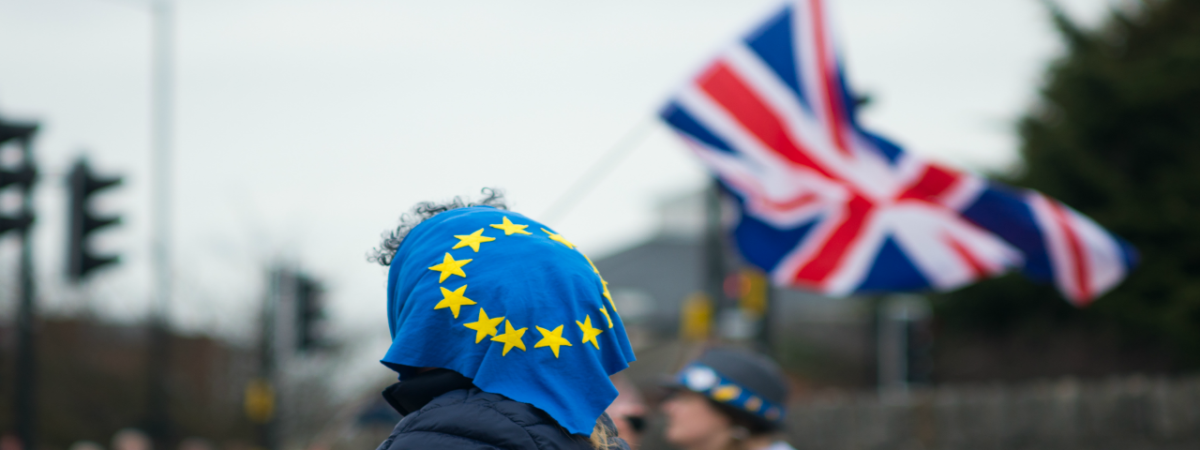Nanny statists have “exploited” this pandemic, says new research
SUGGESTED

Julian Jessop quoted in the Telegraph


Governments are increasingly adopting higher sin taxes and more prohibitions, finds the 2021 Nanny State Index
- Across Europe, opportunistic paternalists have used the pandemic to impose measures they had hitherto only been able to dream about.
- According to the latest Epicenter Nanny State Index, which tracks lifestyle regulation in 30 European nations, the outlook is “bleak”.
- Almost without exception, governments are adopting higher taxes and more draconian regulation.
- As the world slowly returns to normal post-Coronavirus, it is crucial that all liberties are restored.
According to the 2021 Nanny State Index (NSI), Germany is now the freest nation in terms of sin taxes and the regulation of alcohol, tobacco, food and vaping. Norway – a new addition to the Index – is currently the least free.
The NSI, edited by IEA Head of Lifestyle Economics Christopher Snowdon, has been tracking lifestyle regulation across Europe since 2016.
The latest iteration has seen an increasing trend of sugary drink taxation – which has been introduced in 12 countries, up from five in 2017. More taxes have been levied on e-cigarette fluids, from 11 countries in 2019 to 13 in 2021.
Hungary remains the worst country for taxation on food and soft drinks. The UK is the worst for tobacco smokers, and has the most draconian smoking ban.
However, despite the runaway train of paternalistic lifestyle regulation that is steaming across Europe, there is little evidence that such policies are effective.
The report finds no correlation between stricter regulations on drinking, eating, smoking and vaping on life expectancy. Smoking and drinking rates do not correlate with scores on the Nanny State Index.
And yet, sin taxes raise the cost of living and hurt the poor. High prices fuel black market and lead to corruption. Advertising bans restrict competition and stifle innovation. Smoking bans cause damage to the hospitality industry. Excessive regulation creates unnecessary bureaucracy and drains police resources.
There is, however, a strong correlation between high GDP per capita and longer life expectancy.
As the report notes, instead of micro-regulating consumer behaviour, policymakers should focus on economic growth and prosperity to achieve their stated aim of improving the health of their citizens.
Christopher Snowdon, Head of Lifestyle Economics at the Institute of Economic Affairs and author of Nanny State Index 2021, said:
“From taxing soft drinks to banning e-cigarette flavours, no regulation has been too petty for the nanny state bureaucrats over the course of this pandemic. In the UK, Covid-19 was used as an excuse for a food advertising ban that had been rejected by previous governments.
“Most of the countries in the Nanny State Index have become less liberal since 2019. Many of them have proposed a range of new bans, taxes and restrictions that will make things even worse in the years to come. It is time to bring this failed experiment to a halt.
“As the world slowly returns to normal, it is essential that all liberties that were suspended to deal with Covid-19 are restored. But we should demand more. We should demand a wider revival of freedom and an end to government paternalism.”
ENDS



